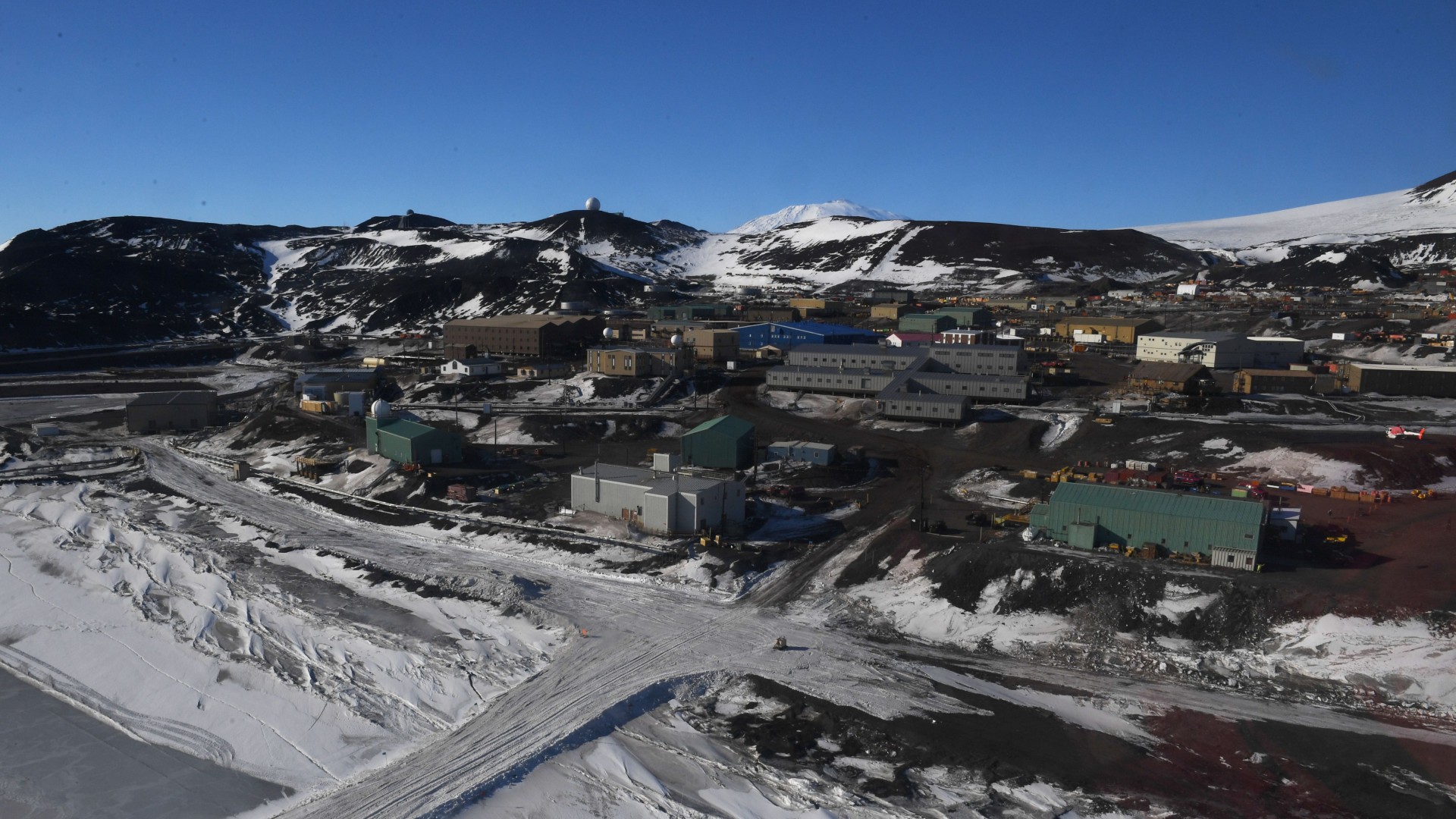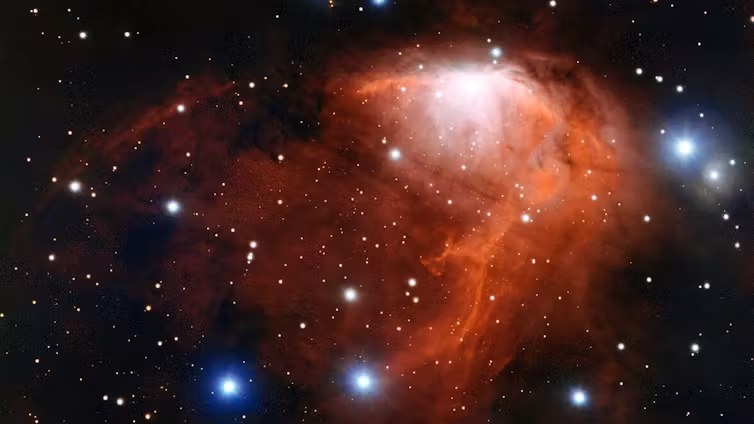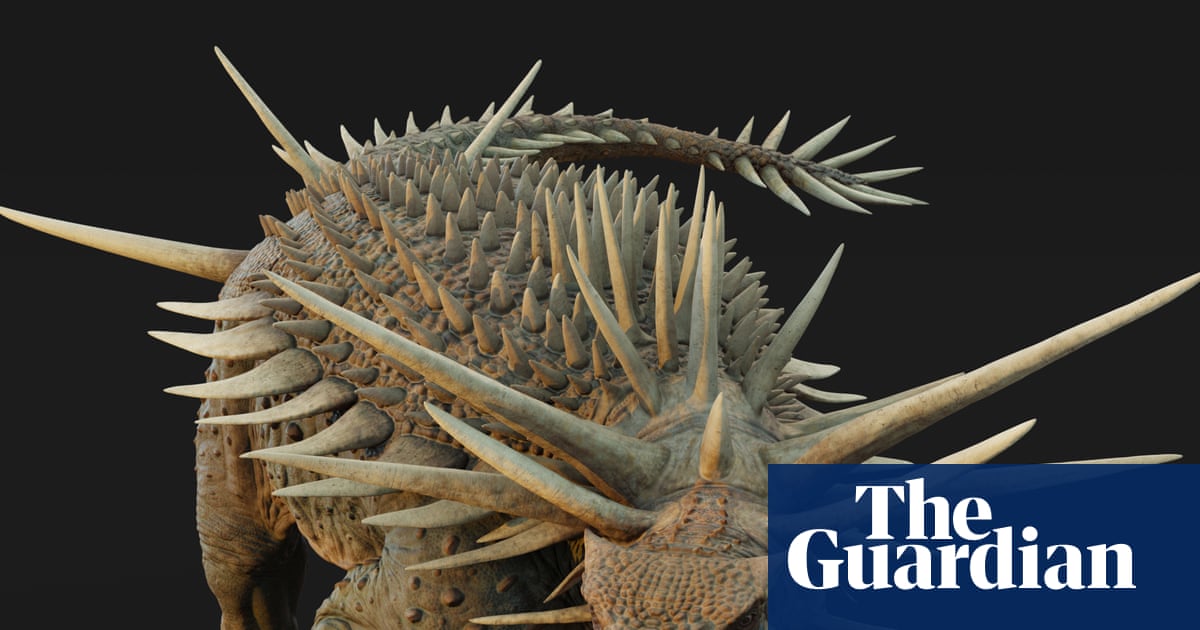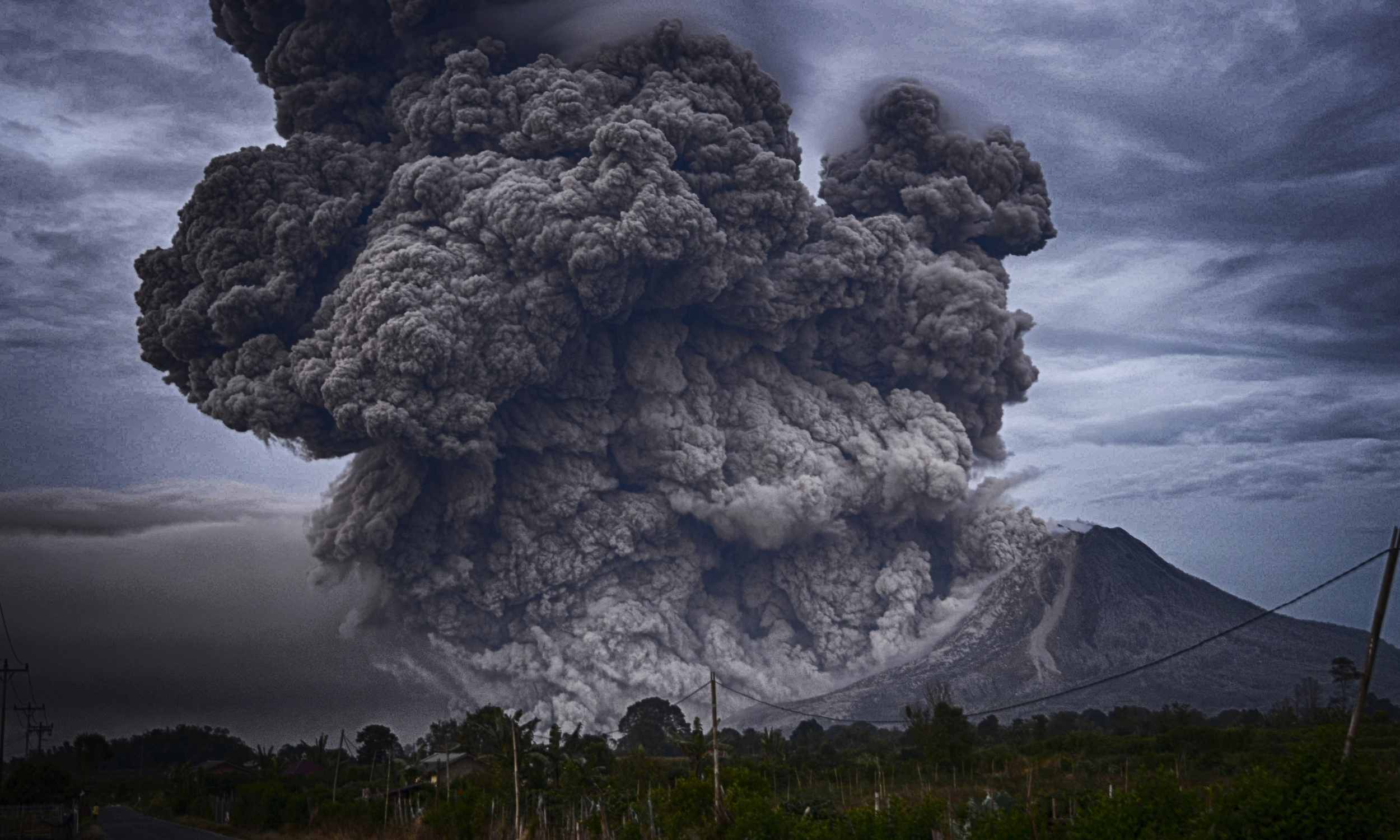Uncovering the Genes That Let Our Ancestors Walk Upright The New York Times The evolution of hominin bipedalism in two steps Nature Two Evolutionary Changes Underpinning Human Bipedalism Are Discovered U.S. News & World Report Two Changes in Bone Development Allowed Humans to Stand on Two Legs the-scientist.com Harvard researchers unveil genetic changes behind unique human pelvis evolution – CHOSUNBIZ Chosun Biz Source link
Read More »Science
NASA James Webb Space Telescope observes interstellar comet 3i/ATLAS
Aug. 27 (UPI) — NASA observed interstellar comet 3I/ATLAS through the lens of the James Webb Space Telescope for the first time. On Aug. 6, the telescope with its near-infrared Spectrograph instrument analyzed the comet as it provided more information about its size, physical properties, and chemical makeup. This kind of observation can help make clear what conditions were like …
Read More »Harassment at Antarctic research bases could spell problems for moon, Mars outposts
Warning: This story contains details of violence that may be disturbing to some readers. You can find resources and help for survivors at the U.S. Department of Justice website. More than 40 percent of respondents to a new survey experienced a sexual assault or sexual harassment during recent Antarctic research expeditions, according to the U.S. National Science Foundation (NSF). Antarctica …
Read More »The first stars may not have been as uniformly massive as we thought
Chemistry that cools clouds The first star-forming gas clouds, called protostellar clouds, were warm—roughly room temperature. Warm gas has internal pressure that pushes outward against the inward force of gravity trying to collapse the cloud. A hot air balloon stays inflated by the same principle. If the flame heating the air at the base of the balloon stops, the air …
Read More »It’s a Night Light. It’s a Plant. It’s a Glowing Succulent. – The New York Times
It’s a Night Light. It’s a Plant. It’s a Glowing Succulent. The New York Times Glow-in-the-dark succulents that recharge with sunlight EurekAlert! Glow-in-the-dark succulents are here yahoo.com Chinese scientists create multicolored glow-in-the-dark succulents that recharge in sunlight Live Science Glow-in-the-dark plants to replace streetlights? Forget it New Scientist Source link
Read More »Simple chemistry helps explain the origin of life, new study suggests – The Washington Post
Simple chemistry helps explain the origin of life, new study suggests The Washington Post Thioester-mediated RNA aminoacylation and peptidyl-RNA synthesis in water Nature Scientists Make Breakthrough in Solving the Mystery of Life’s Origin 404 Media Chemists show how RNA might have started to make proteins on early Earth Phys.org RNA and Sulfur Compounds Possibly Created the First Peptides on Earth the-scientist.com Source link
Read More »‘Bristling with spikes’: oldest known ankylosaur fossil found in Morocco | Dinosaurs
Tank-like physique, bristling with body armour and a collar of spikes the length of golf clubs, Spicomellus afer looks more like a Pokémon creation than a living creature. This bizarre dinosaur roamed the flood planes of what is now north Africa 165m years ago, palaeontologists have revealed. The fossil, the oldest known ankylosaur specimen, was unearthed near the central Moroccan …
Read More »Volcano alert: The signal that could transform disaster prevention
Volcanoes can bring catastrophic consequences, and reliable warnings can make the difference between a close call and a tragedy. A new study on Japan’s Ontake Volcano identifies a signal, in the form of a subtle change in earthquake waves, that could sharpen those warnings. Researchers compared two eruptions of Ontake and focused on a detail in the waves …
Read More »15 Animals Most Likely to Be the First Colonists on Mars – AOL.com
15 Animals Most Likely to Be the First Colonists on Mars AOL.com Source link
Read More »Scientists Reveal How Rising Ocean Oxygen Created New Marine Habitats and Triggered Evolution
Recent studies have revealed fascinating connections between rising oxygen levels in deep-ocean environments and the evolution of marine life, particularly in the Late Devonian period. This research, published in the Proceedings of the National Academy of Sciences, uncovers how oxygenation, driven by terrestrial plant growth, may have shaped the future of life in the ocean. These findings help us understand …
Read More »




